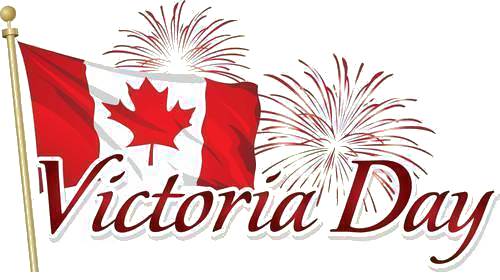
| Alexandrina Victoria was born in London, England on May 24, 1819. She took the throne in 1837 and ruled for almost 64 years, the longest ruling monarch in British history. She is the great-great-grandmother of current British queen, Elizabeth II. Victoria oversaw a period in history when Britain became a great world power. Artistic endeavors, industrial developments and the creation of the British Empire were seen under Victoria's rule, a period now referred to as the Victorian Era. Victoria married her first cousin, Prince Albert, in 1840. Albert became not only her companion but a political advisor. The pair produced nine children, many of whom would marry into other European royal families. Victoria and Albert are sometimes called the Grandmother and Grandfather of Europe. Albert died of typhoid fever in 1861 at the age of 42. Victoria was heart-broken and went into a deep period of mourning, retreating from public life and wearing black for the remainder of her life. She wore white only once, to her diamond jubilee, celebrating her 60 years on the throne. She died of a cerebral hemorrhage in 1901 at the age of 81. She had an intense dislike of black funerals and London was bedecked with purple and white for the somber occasion. She was interred with her husband Albert, in Windsor Castle. Victoria oversaw vast changes to England, and the world, during her time as queen. During her time as ruler Victoria was the subject of seven assassination attempts and is known as Britain's first modern queen, turning over power to the government, and intervening less in the political process. Under Victoria the British royal family became more a symbolic than a political force. For Canadians, she is the queen that started Canada on its road to independence. She gave permission to four British provinces in North America to form a confederation in 1867, creating the Dominion of Canada. This established a federal government in Canada with a House of Commons, a senate, and a justice system. The documents approved by Victoria remained in use until Canada ratified its own constitution in 1982. Victoria Day (in French: Fête de la Reine) is a federal Canadian public holiday celebrated on the last Monday before May 25. Victoria Day also informally marks the beginning of the summer season in Canada. |